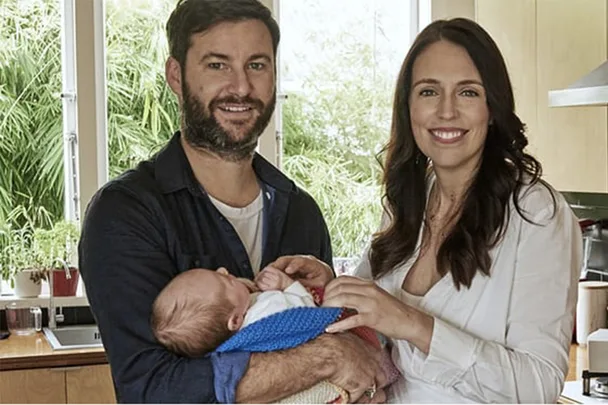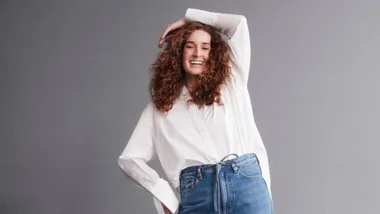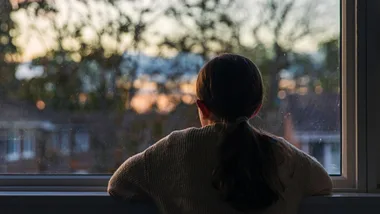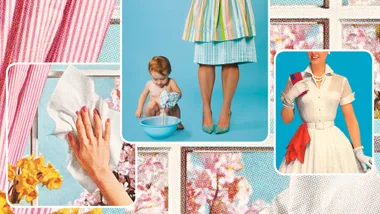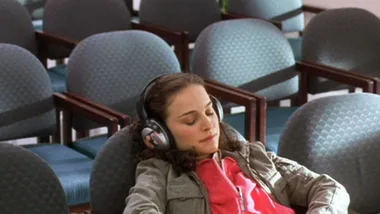When Jacinda Ardern returns to her role of running the country today, her partner, Clarke Gayford, will stay at home to look after their six-week daughter, Neve Te Aroha. While Arden is the first elected world leader to take maternity leave, Gayford’s role as the primary caregiver now also puts him in a minority — as one of the 4-5% of fathers in Australia and New Zealand who take legally sanctioned two weeks unpaid leave for partners. Yet while stay at home Dads are still far from being the norm, there is a new breed of father taking over the home front and the playground. The ones who work full-time but compete with their wives to be the perfect parent. Meet the D-ummies.
My day begins around 5am, when my not quite two-year-old son, Thomas, wakes and starts shouting, “Daddy!” I climb out of bed and go to him, to shush and to stroke him and to whisper that it is still sleepy time. This might win us a further 45 minutes of dozing, but after that he really is up and we lock into our weekday morning routine. Milk. Nappy. Stories. Clothes. My girlfriend tends to our two-month-old daughter, Willow, and we pass her back and forth like the ball in an elaborate rugby move so we can get dressed, go to the toilet, send emails. At 7.45am, Thomas and I head off to daycare, where I inform the carers that while he has a rash, I took him to the out-of-hours GP at our local hospital yesterday, who identified it as molloscum contagiosum – very common and nothing to worry about.
Then I go to the office, where I begin to exchange text messages with my girlfriend. I tell her how the drop-off went. I post a picture of Thomas eating a banana on Facebook. Around lunchtime, my editor approaches me and asks if I’d like to go to Los Angeles to interview a supermodel. I feel a wave of anxiety. I do not want to go. I want to stay here, with my children, to take photographs of them eating bananas and to remain the constant, loving, looming presence the past two years have seen me become. So I make a weak excuse. Sometimes, as Thomas whimpers himself to sleep, I loiter in the corner of his room, just so he knows I’m there. And it’s during these moments that I wonder if my behaviour is perhaps a bit … much? I am, in every other aspect of my life, moderate, measured and frankly kind of boring. But as a father I’m verging on obsessive. Am I happy? Impossibly so. But I’ve also developed a kind of tunnel vision. Am I doing enough to help my girlfriend? Can I ever do enough? My family have become this psychological velcro from which I can never quite tear myself away. And I am not alone.
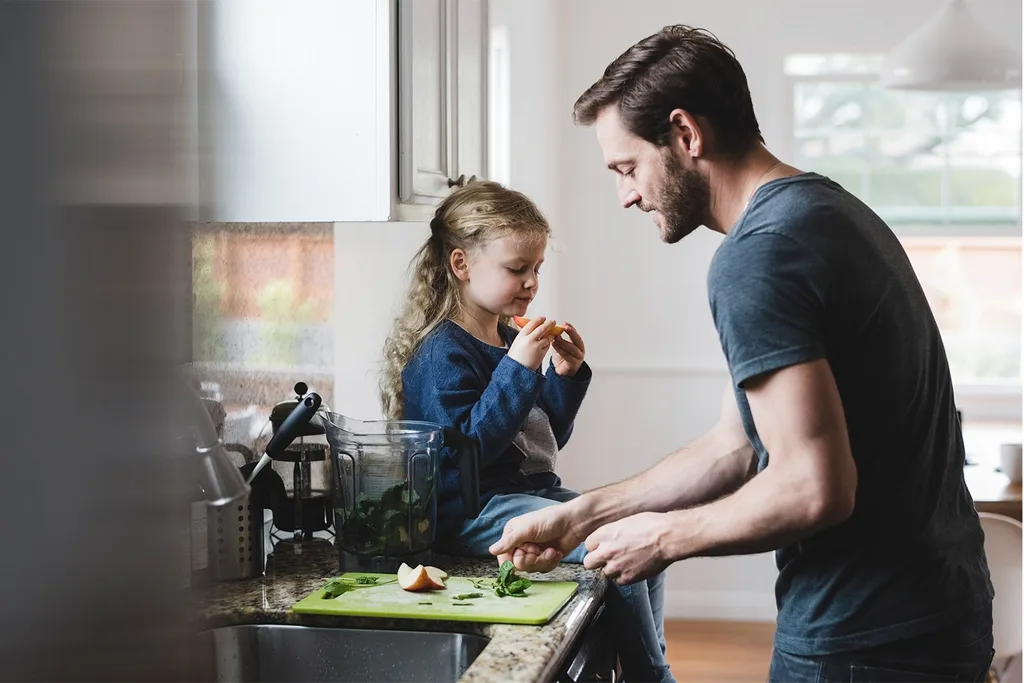
According to the Australian Bureau of Statistics, around 30 per cent of dads now take advantage of flexible work hours to look after children under 12, compared with 16 per cent two decades ago.I see lots of dads like me, blokes in their mid 30s at playgroups, in parks and cafes, carrying bags crammed with nappies and wet wipes. They – we – are not the “latte pappas” of Scandinavia, with their beards and never-ending parental leave. Nor are we stay-at-home dads, although many of us would no doubt secretly love to be. But no, that’s not us.
Rather, we are simply the first generation of fathers to have the means, motive and opportunity to take on more and more family responsibilities. We have more flexible working hours than our own dads did. Some of us have access to decent parental leave. Also, most important of all, we have wives and girlfriends with careers just as developed as our own, who very much expect our support. We are honestly not asking for medals. We are just stolid, slightly stressed, relatively competent men committed to sharing in as much of the grunt work of parenting as we can.
So what should we be called, “Mummy daddies”? “Daddy mummies”? “D-ummies”? Oh man. It’s D-ummies, isn’t it? We’re all D-ummies, which I suppose is kind of ironic given how earnest and po-faced many of us can be about our new role.
One thing we can say for certain, however, is that D-ummies have only become widespread recently. The first-ever State Of Australia’s Fathers report, released in 2015, involved the interviewing of more than 1000 fathers. It identified significant changes in parenting attitudes among fathers, with 70 per cent of the dads surveyed reporting that they spend more quality time with their children than their fathers had spent with them. “It is very new,” says Adrienne Burgess of The Fatherhood Institute. “But there is a clear trend. And it’s on a continuum, which is great because that means it’s a stable change.”
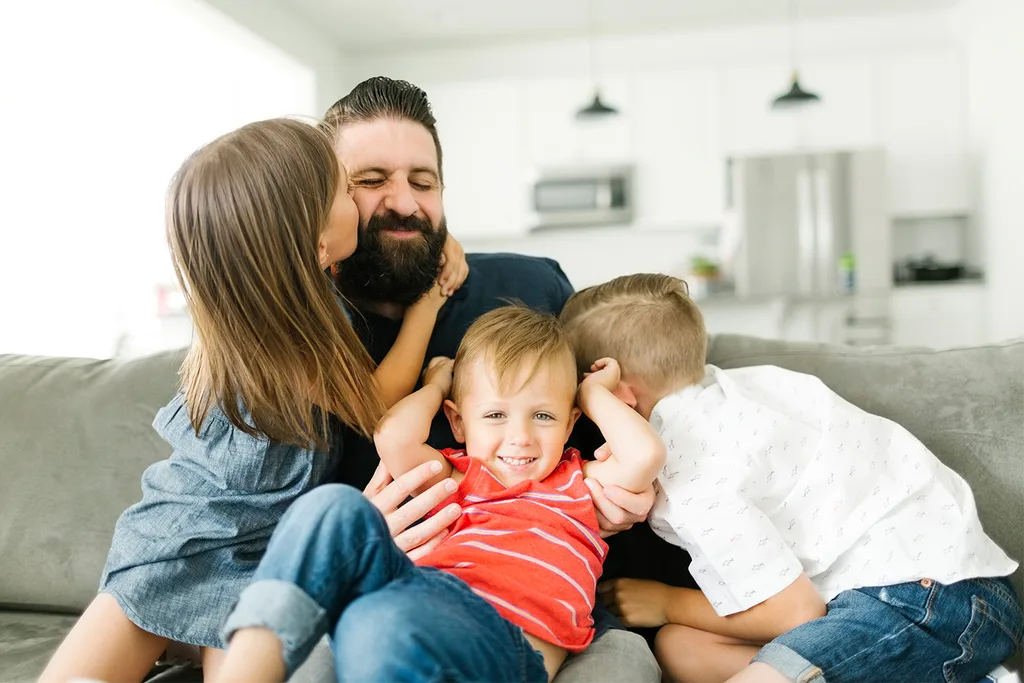
The advantages of both parents sharing in childcare will be, to many, self-evident. “A father who makes the lunchboxes and knows where all the clothes are? Those tiny things are absolutely vital,” says Burgess. I can vouch for this. I never knew preparing a meal for a toddler and then placing it into a Tupperware box could be such an act of love. No joke, I would happily spend the rest of my life making packed lunches for my children. And if this makes me sound like I’m hormonal, then it turns out that I probably am.
Research shows that when fathers care for their babies, they undergo much of the same physiological changes in their bodies as mothers,” Burgess tells me. “Hormones such as prolactin and oxytocin enter the body. Bonding hormones. Your testosterone comes down by about a third in the first year and it really comes down if you’re very involved in raising the child, co-sleeping and things like that. As a result of that, your aggressive instincts drop for a while.”
“I don’t think I cried between the ages of 17 and 33,” says Matt Hill, 34, whose wife, Zenobia, gave birth to their daughter, Roxana, five months ago. “But I’ve definitely felt like crying a lot more, even if I’m just watching some crap TV drama.”
Hill says that he and Zenobia “pride ourselves on being fairly gender neutral in our roles”, although he admits there’s nothing he can do about breastfeeding. “I’d like to take on some full-time care,” he says. “As much as you try to be supportive in terms of cooking and cleaning, you want to get hands-on time with the baby.”For all the couples now committed to gender neutrality as parents, there is still some way to go.
The State Of Australia’s Fathers report showed that about 50 per cent of the fathers surveyed with children under 18 considered themselves “helpers”, rather than a primary caregiver with equal responsibilities. Part of the problem is that to become a D-ummy certain outside factors need to be in place. Both you and your partner need access to a degree of flexible working. If you’re bound by rigid hours, then you can’t run off to take your toddler to playgroup or the GP. The other big driving force has been equal pay. There is still a gender pay gap, but for many professions it’s almost non-existent. “And these people are marrying each other,” says Burgess. “It’s no longer the doctor marrying the nurse. It’s the doctor marrying the doctor.”
Yes, I am hormonal, testosterone-deprived and thin-skinned. I exist in a world of low-level stress and lower back pain, a world in which supermodels are conspicuous only by their absence. But for the most part, I’m very happy. Never been happier. We may be a bunch of D-ummies, but we’re trying.
